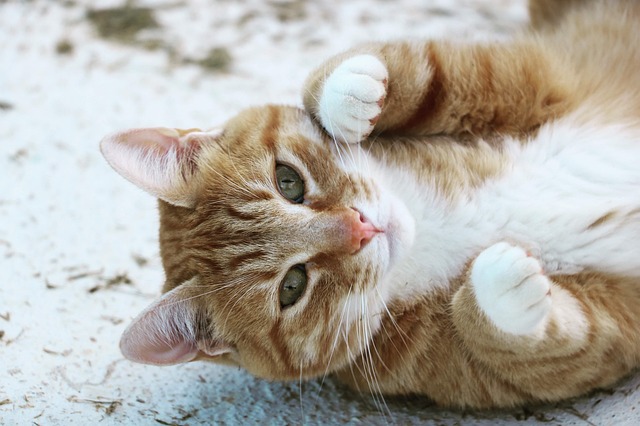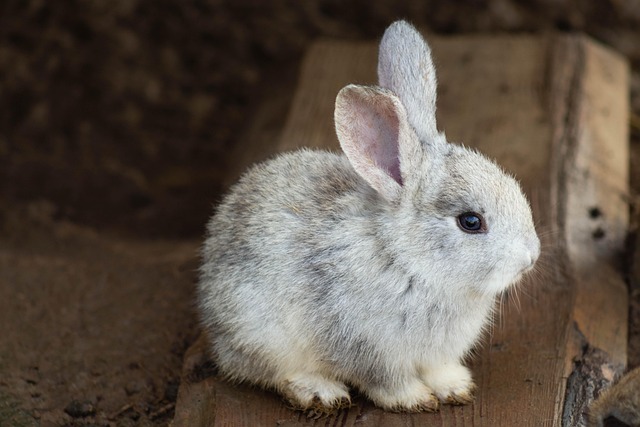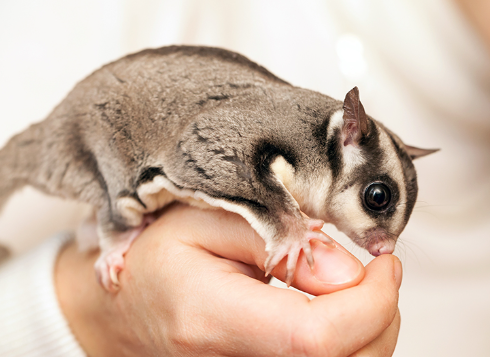Why do cats vomit so much?
Why do cats vomit so much?
Cats might vomit for a variety of reasons, ranging from harmless dietary hiccups to more serious medical conditions. Here are some common reasons why cats vomit:
Harmless Reasons:
Hairballs: These are formed when cats groom and ingest loose fur. They usually appear as cylindrical m***es of matted fur and are mostly harmless, although coughing them up can be uncomfortable.
Eating too fast or overeating: This can irritate the stomach and lead to vomiting.
Dietary sensitivities or allergies: Certain food ingredients can trigger an immune response in some cats, resulting in vomiting.
Eating spoiled food or non-food items: Spoiled food can cause food poisoning, and ingesting foreign objects can irritate the stomach and trigger vomiting.
More Serious Reasons:
Feline inflammatory bowel disease (IBD): This chronic inflammatory condition of the digestive tract can cause vomiting, diarrhea, and weight loss.
Pancreatitis: Inflammation of the pancreas can cause vomiting, abdominal pain, and loss of appetite.
Kidney disease: Chronic kidney disease can disrupt the body's ability to eliminate toxins, leading to vomiting and other symptoms.
Intestinal blockages: Foreign objects stuck in the intestines can cause vomiting, abdominal pain, and constipation.
Liver disease: Various liver diseases can cause vomiting, jaundice, and loss of appetite.
Viral or bacterial infections: Some infections can cause vomiting, particularly viruses like feline panleukopenia or calicivirus.
What to do when your cat vomits:
Observe the vomit: Check if it contains hairballs, undigested food, blood, or any other unusual elements.
Monitor your cat's behavior: Look for other symptoms like diarrhea, lethargy, loss of appetite, or abdominal pain.
Consider the frequency: Occasional vomiting might not be a cause for concern, but frequent or persistent vomiting needs veterinary attention.
why do cats vomit ?
Some cats are simply prone to hairballs, especially long-haired cats or those that groom excessively. Others are particularly sensitive to the kinds of food they eat and may not be able to tolerate a particular protein such as beef or additive such as wheat gluten
When to see the vet:
If your cat vomits more than once in a day.
If the vomit contains blood or is black and tarry.
If your cat has other symptoms like diarrhea, lethargy, or loss of appetite.
If your cat appears weak or in pain.
Remember, early diagnosis and treatment are crucial for addressing any underlying medical conditions ***ociated with vomiting.
- What are the signs that my cat's vomiting is caused by hairballs?
- Can my cat's diet be causing its frequent vomiting?
- How can I tell if my cat has ingested something poisonous and is vomiting?
- Is vomiting a symptom of feline inflammatory bowel disease?
- What are the long-term health risks of a cat vomiting regularly?
anwsers
1. What are the signs that my cat's vomiting is caused by hairballs?
The most common sign of a hairball-induced vomit is the actual hairball itself! They usually appear as cylindrical m***es of fur, sometimes mixed with food or bile. Other signs can include:
Excessive hacking and retching: Your cat might make dry heaving sounds without producing anything for a while before coughing up the hairball.
Lack of appetite: Hairballs can make your cat feel nauseous, leading to decreased interest in food.
Lethargy: This is due to the discomfort caused by the hairball.
Coughing or gagging: These can be attempts to dislodge the hairball before it reaches the vomit stage.
2. Can my cat's diet be causing its frequent vomiting?
Yes, diet can definitely be a factor in cat vomiting. Here are some ways your cat's food might be contributing:
Food allergies or sensitivities: These can trigger gastrointestinal upset, including vomiting.
Low-quality food lacking essential nutrients: This can lead to digestive issues like vomiting.
Sudden changes in diet: Introducing new food too quickly can upset your cat's stomach.
Eating spoiled food: This can cause food poisoning and vomiting.
3. How can I tell if my cat has ingested something poisonous and is vomiting?
This can be tricky, as vomiting can occur with various issues. However, some specific signs might suggest poisoning:
Sudden onset of vomiting, especially following access to potentially toxic substances like plants, household chemicals, or medications.
Other symptoms like diarrhea, lethargy, tremors, seizures, or unusual drooling.
Blood in the vomit: This can be a sign of internal bleeding caused by toxins.
If you suspect your cat has ingested something poisonous, immediately contact your veterinarian or animal poison control center.
4. Is vomiting a symptom of feline inflammatory bowel disease (IBD)?
Yes, vomiting is a common symptom of IBD, a chronic inflammatory condition affecting the gastrointestinal tract. Other signs of IBD can include:
Chronic or intermittent diarrhea, sometimes with mucus or blood.
Weight loss.
Decreased appetite.
Poor coat quality.
Lethargy.
If your cat shows several of these symptoms alongside vomiting, consult your veterinarian for proper diagnosis and treatment of IBD.
5. What are the long-term health risks of a cat vomiting regularly?
Frequent vomiting can lead to several health problems in cats if not addressed. These include:
Dehydration: Repeated vomiting can cause fluid loss, leading to dehydration and electrolyte imbalances.
Weight loss: Due to loss of appetite and difficulty keeping food down.
Esophagitis: Inflammation of the esophagus caused by stomach acids coming up during vomiting.
Nutritional deficiencies: If vomiting prevents proper nutrient absorption.
Underlying medical conditions: In some cases, persistent vomiting can be a symptom of a more serious condition like intestinal blockages or tumors.
If your cat vomits regularly, it's important to consult your veterinarian to determine the cause and prevent potential complications.













Leave a comment